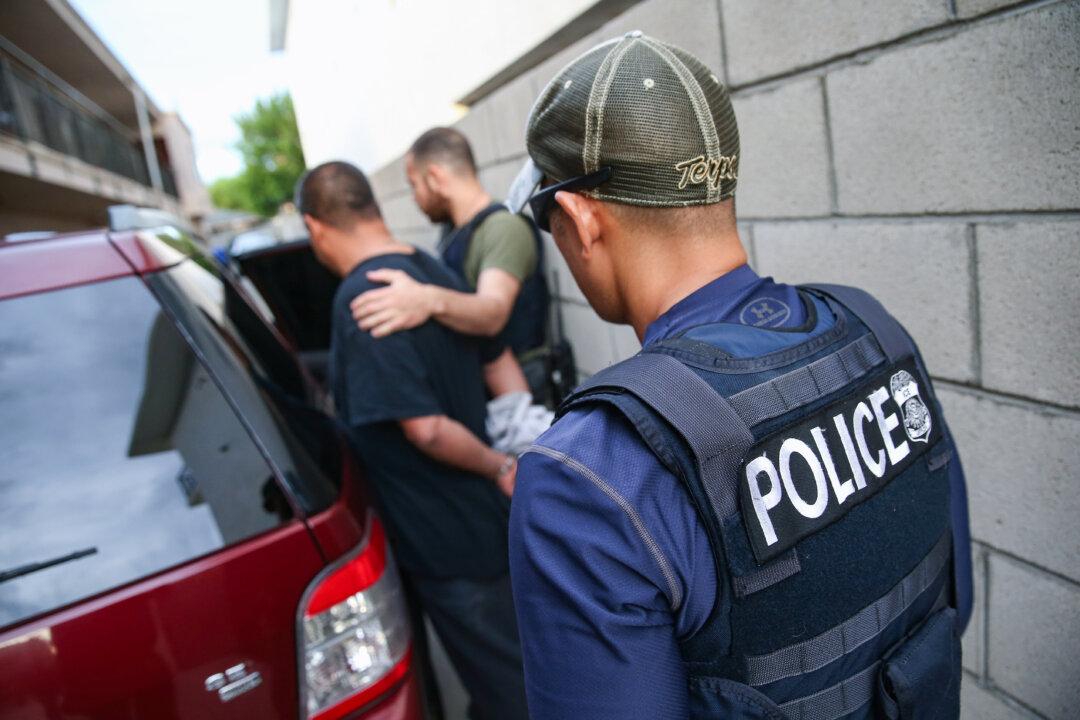A federal judge on April 11 declined to prevent Department of Homeland Security agents from conducting immigration raids at churches.
“At least at this juncture and on this record, the plaintiffs have not made the requisite showing of a ‘credible threat’ of enforcement,” U.S. District Judge Dabney Friedrich of the U.S. District Court for the District of Columbia wrote in an opinion.





